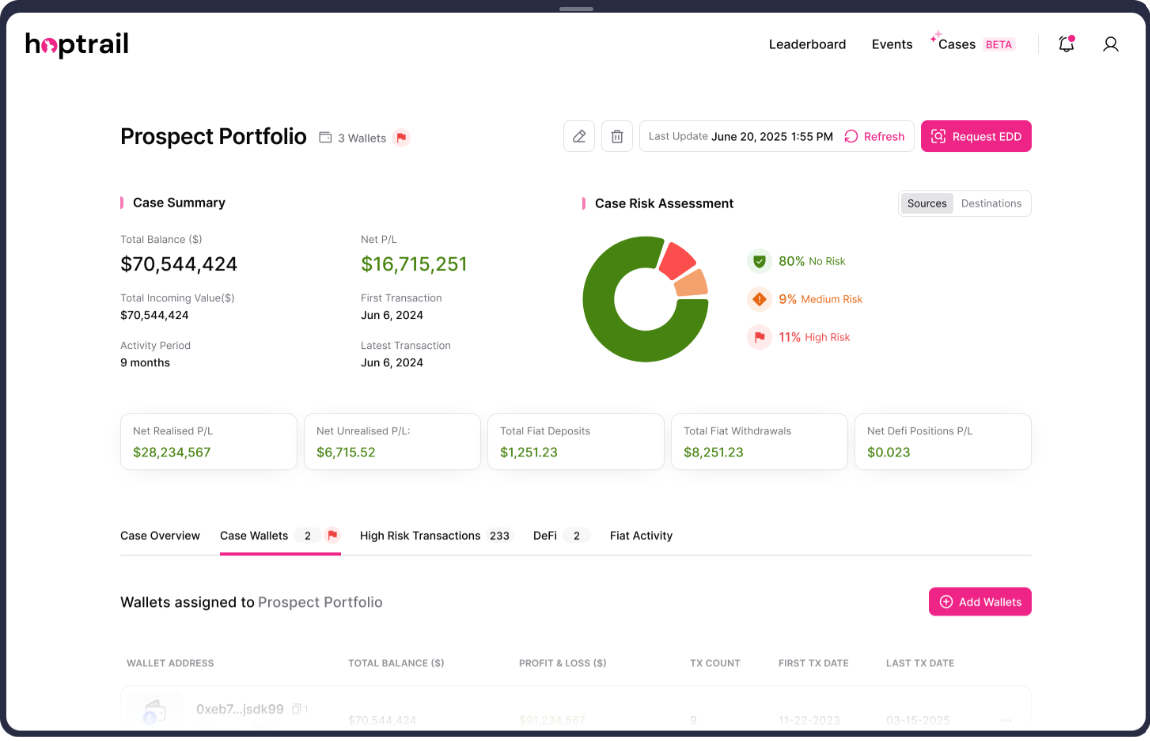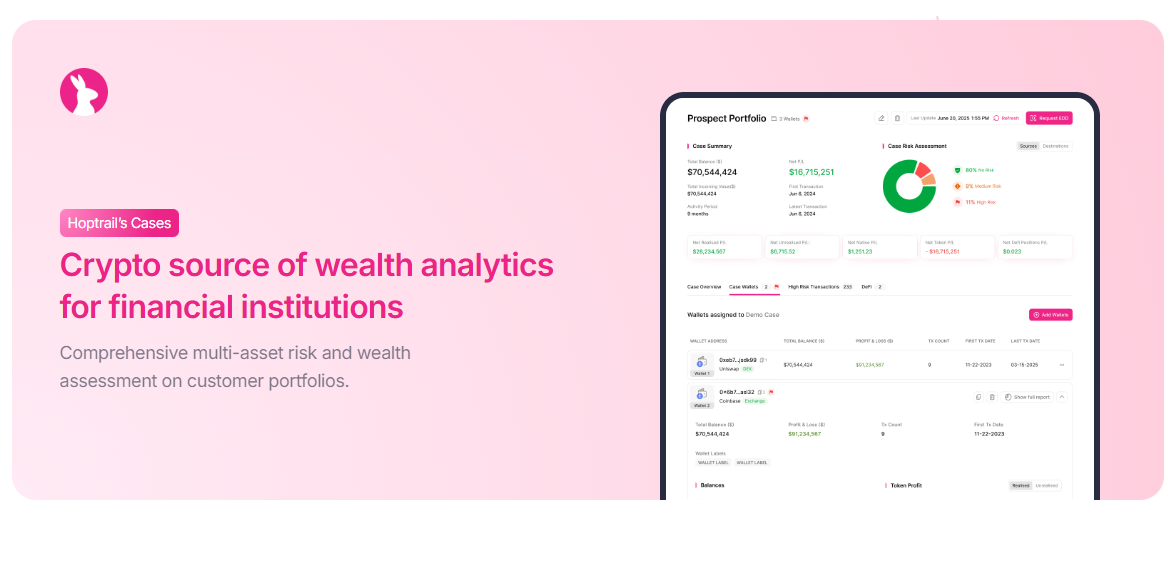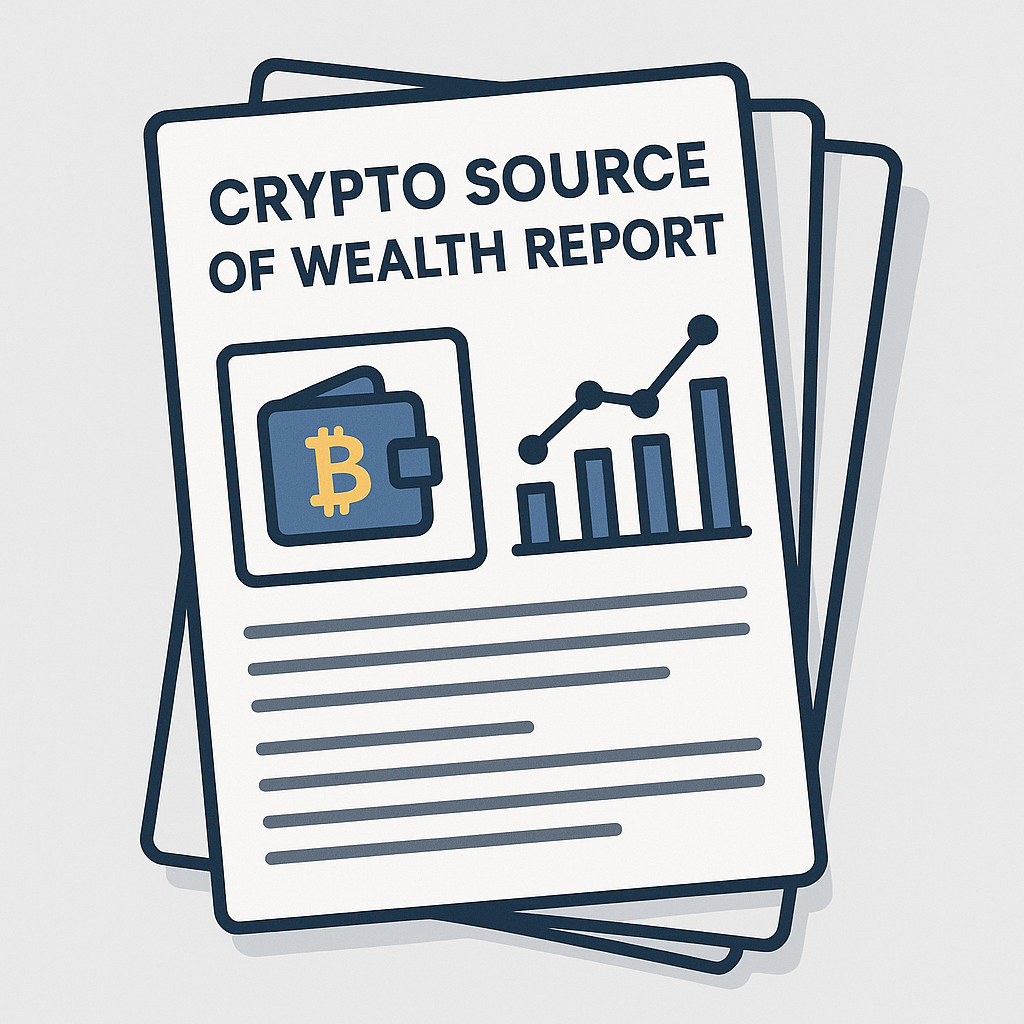Blocked by a stablecoin provider?

We’ve had requests to provide detail on addresses that are tagged as ‘blocked’ on ethscamcheck.io, so we’ve decided to put together a short note explaining what they are.
You may have come across addresses or contracts listed as ‘Blocked’ on Etherscan. These are addresses that have been blocked by a custodial stablecoin provider, typically USDT (Tether) and USDC (Circle). In total, there are around 570 addresses listed on Etherscan (and by ethscamcheck) as ‘blocked'. There are a variety of reasons for these actions, but the main ones are as follows:
- To avoid deposits to a black hole address. These addresses are often referred to as ‘genesis’ or ‘burn’ addresses and look something like this: 0x00000000000000000000000000000000000018fe. No single person or entity has control of these addresses and so any tokens deposited to them cannot be recovered. Typically black hole addresses are used by projects to mint new tokens or to remove tokens from circulation as a price stabilisation measure.
- Where suspected theft, scams, or fraud-related activity has occurred. Tether and Circle publicly state that they work closely with law enforcement in circumstances where they suspect their tokens have been used in illicit activities. Since 2017, these organisations have been banning such addresses from using USDT or USDC on Ethereum. Reportedly, these steps are often taken upon a request from US law enforcement, although at this stage only limited detail on such bans has been provided by Tether and Circle.
- Where network errors have occurred. In some instances, bugs crop up in contracts which results in the accidental loss of tokens. A good example of this is Golem Network, which encountered an error during contract execution in 2016. The project migrated to a new contract, and the old one was flagged by USDT as blocked to avoid lost funds or unprocessed transactions.
It is perhaps important to remember that these actions do not necessarily confer heightened risk to users interacting with a ‘blocked’ address. They are usually in response to a specific transaction which is deemed suspicious or potentially malicious. Some appear to be cautionary measures rather than the result of definitive law enforcement actions, although there are some exceptions to that rule. Also, in most cases, ETH and other ERC-20 tokens can still be traded freely with banned addresses.
We expect bans to continue as further regulatory pressure is placed on protocols to monitor their own networks and impose restrictions where certain thresholds are met. Though it should be noted that this is only really practicable with more centralised organisations such as Tether and Circle.

Cases: new source of wealth capabilities and upcoming features

Why we built Cases: A personal note on solving the crypto source of wealth headache

Hoptrail's Crypto Source of Wealth Reports: A Guide
Subscribe to the Hoptrail newsletter
Sign up with your email address to get the latest insights from our crypto experts.
